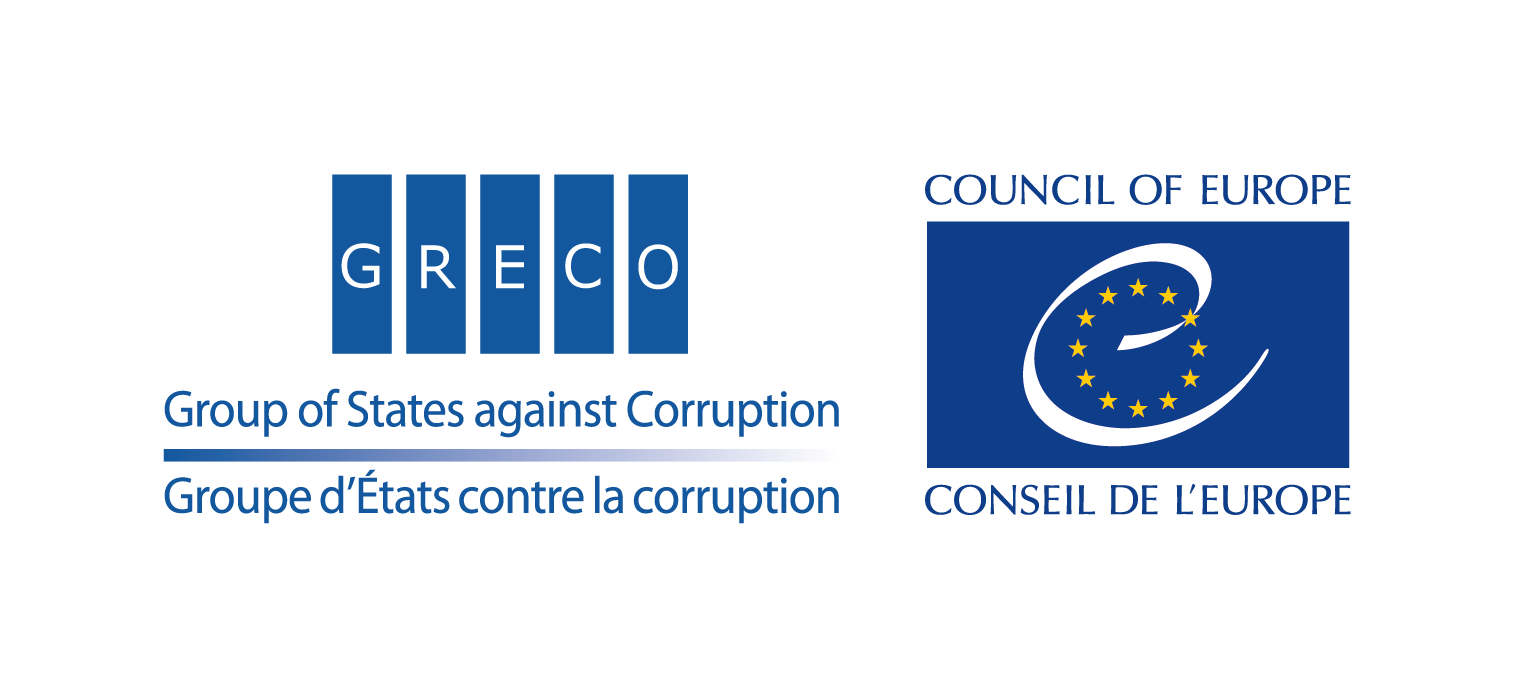Bosnian judicial official faces disciplinary probe. On 1 June 2019, the Office of the Disciplinary Prosecutor of the High Judicial and Prosecutorial Council of Bosnia and Herzegovina (HJPC) filed a disciplinary action against Milan Tegeltija, president of the HJPC, for “a serious violation of official duty, jeopardizing public trust in the impartiality and credibility of the judiciary”. It requested that Tegeltija be removed from office until proceedings have ended. Tegeltija, head of the body overseeing the Bosnian judiciary, has been at a centre of corruption allegations after a secretly-filmed video was released showing him allegedly taking bribes through a middleman.
Anti-corruption digest Bosnia and Herzegovina
Bosnian judicial official faces disciplinary probe
- Diminuer la taille du texte
- Augmenter la taille du texte
- Imprimer la page
Bosnians protest against corruption in judiciary after 'Bribe' Video
Bosnians protest against corruption in judiciary after 'Bribe' Video. Hundreds of people have staged a protest in Sarajevo after a video emerged purportedly showing the head of Bosnia-Herzegovina's top judicial body negotiating a bribe. On 29 May 2019, The demonstrators in the Bosnian capital called for the resignation of Milan Tegeltija, the head of the High Judicial and Prosecutorial Council, which appoints, dismisses, and oversees the work of all the country's judges and prosecutors. The protest came after a video emerged last week appearing to show Tegeltija meeting with a businessman to discuss his case.
- Diminuer la taille du texte
- Augmenter la taille du texte
- Imprimer la page
Bosnia and Herzegovina appoints First Female Chief State Prosecutor
Bosnia and Herzegovina appoints First Female Chief State Prosecutor. Bosnia and Herzegovina’s High Judicial and Prosecutorial Council elected Gordana Tadic as the new chief state prosecutor for a six-year term in office, making her the first woman in the country’s history to hold the position. Tadic has headed the Bosnian prosecution in an acting role for the past two-and-a-half years since the suspension of the former Chief Prosecutor Goran Salihovic, who is currently on trial for alleged corruption based on allegations that he misused his powers by ensuring that investigations into Bosnian Serb leader Milorad Dodik were stopped. Presenting her platform, Tadic proposed that the State Prosecution’s departments for organised crime and corruption be merged in order to increase efficiency.
- Diminuer la taille du texte
- Augmenter la taille du texte
- Imprimer la page
GRECO adopted the 2nd Third Round Compliance Report on Bosnia and Herzegovina
GRECO adopted the 2nd Third Round Compliance Report on Bosnia and Herzegovina. GRECO also requested the Head of Delegation of Bosnia and Herzegovina to submit additional information regarding the implementation of certain recommendations by 30 September 2019 at the latest. The evaluation report is confidential but will become public once the authorities of the country concerned express their agreement to the lifting of the report's confidentiality.
- Diminuer la taille du texte
- Augmenter la taille du texte
- Imprimer la page
Asset Declarations of Judges and Prosecutors to be made public
Asset Declarations of Judges and Prosecutors to be made public. From next year, the High Judicial and Prosecutorial Council (HJPC) will introduce a new electronic system for online submission and the publication of asset declarations of judges and prosecutors. The HJPC has adopted a Rulebook for submitting, reviewing and processing the financial reports of judges and prosecutors which sets out, among other things, how members of the judiciary (and their family members) will have to declare their property holdings every year. According to the rulebook, only the first and last names of judges and prosecutors will be publicly revealed. Also, the values of their bank accounts will not be revealed either. The new system should become operational on 1 January 2019.
- Diminuer la taille du texte
- Augmenter la taille du texte
- Imprimer la page
Bosnia and Herzegovina’s AML/CFT regime on the agenda of the Meeting of the CoE Ministers' Deputies
Bosnia and Herzegovina’s AML/CFT regime on the agenda of the Meeting of the CoE Ministers' Deputies. During the meeting of the Ministers' Deputies on 26 September 2018, Deputies welcomed the adoption of a second Council of Europe Action Plan for Bosnia and Herzegovina (2018-2021) and the improvement of Bosnia and Herzegovina’s Anti-Money Laundering and Counter Terrorism Financing (AML/CTF) regime. The Deputies took note of a report on the state of implementation of the commitments entered into by Bosnia and Herzegovina (May 2016 to May 2018). The Report outlines the challenges the country faces related to the functioning and co-ordination of institutions at all levels, the independence and efficiency of the judiciary, the fight against corruption, organised crime, the implementation of the AML/CFT framework, education, independence and freedom of media.
- Diminuer la taille du texte
- Augmenter la taille du texte
- Imprimer la page
Official launch of the Council of Europe Action Plan for Bosnia and Herzegovina 2018-2021
Official launch of the Council of Europe Action Plan for Bosnia and Herzegovina 2018-2021. Jointly agreed actions in democracy, human rights and rule of law, reflecting Bosnia and Herzegovina Council of Europe’s membership commitments and EU integration priorities, are at the heart of the new four-year Council of Europe Action Plan for BiH (2018-2021), launched on 16 July 2018 by the Minister of Foreign Affairs, Mr Igor Crnadak and Head of Council of Europe Office in Sarajevo, Ambassador Drahoslav Štefánek. It is a strategic programming instrument which outlines the joint cooperation and actions to be taken by national partners and the Council of Europe, in order to facilitate the fulfilment of the obligations as a Council of Europe member State and the European integration process.
- Diminuer la taille du texte
- Augmenter la taille du texte
- Imprimer la page
OSCE report on judicial shortcomings in processing corruption cases in Bosnia and Herzegovina
OSCE report on judicial shortcomings in processing corruption cases in Bosnia and Herzegovina. The OSCE Mission to Bosnia and Herzegovina (BiH) presented a first assessment of issues negatively impacting the quality and effectiveness of the judicial response to corruption in BiH to representatives of the judiciary and law enforcement agencies on 21 June 2018. The report, titled Trial Monitoring of Corruption Cases in BiH: A First Assessment, is based on the observation of 67 completed corruption cases between January 2010 and September 2017. The main shortcomings identified in the report relate to the insufficient harmonization of criminal legislation, inadequate capacity of prosecutors in drafting indictments and gathering evidence as well inconsistencies in the interpretation of the law by courts.
- Diminuer la taille du texte
- Augmenter la taille du texte
- Imprimer la page
Publication of the Fourth Round Compliance Report by GRECO
Publication of the Fourth Round Compliance Report by GRECO. The Compliance Report assesses the measures taken by the authorities of Bosnia and Herzegovina to implement the recommendations issued in the Fourth Round Evaluation Report which deals with “Corruption Prevention in respect of members of parliament, judges and prosecutors”. The report concluded that Bosnia and Herzegovina has implemented satisfactorily none of the fifteen recommendations contained in the Fourth Round Evaluation Report. Eleven recommendations have been partly implemented and four have not been implemented.
- Diminuer la taille du texte
- Augmenter la taille du texte
- Imprimer la page
Failure to amend the Criminal Procedure Code could seriously harm BiH judiciary
Failure to amend the Criminal Procedure Code could seriously harm BiH judiciary. The failure of the BiH authorities to adopt amendments to the Criminal Procedure Code (CPC), and by doing so harmonize the disputed provisions of the law with the Constitution, could seriously jeopardize the functioning of the judiciary. If provisions of the Code of Criminal Procedure, affected by the Constitutional Court’s decision from June 2017, are repealed by the Court through a decision on non-enforcement of its earlier decision, the judiciary will be seriously crippled and it will not be able to process serious cases of crime and corruption in the country. Authorities need to acknowledge the seriousness of this situation and act accordingly in line with their responsibility to amend the Criminal Procedure Code.
- Diminuer la taille du texte
- Augmenter la taille du texte
- Imprimer la page




